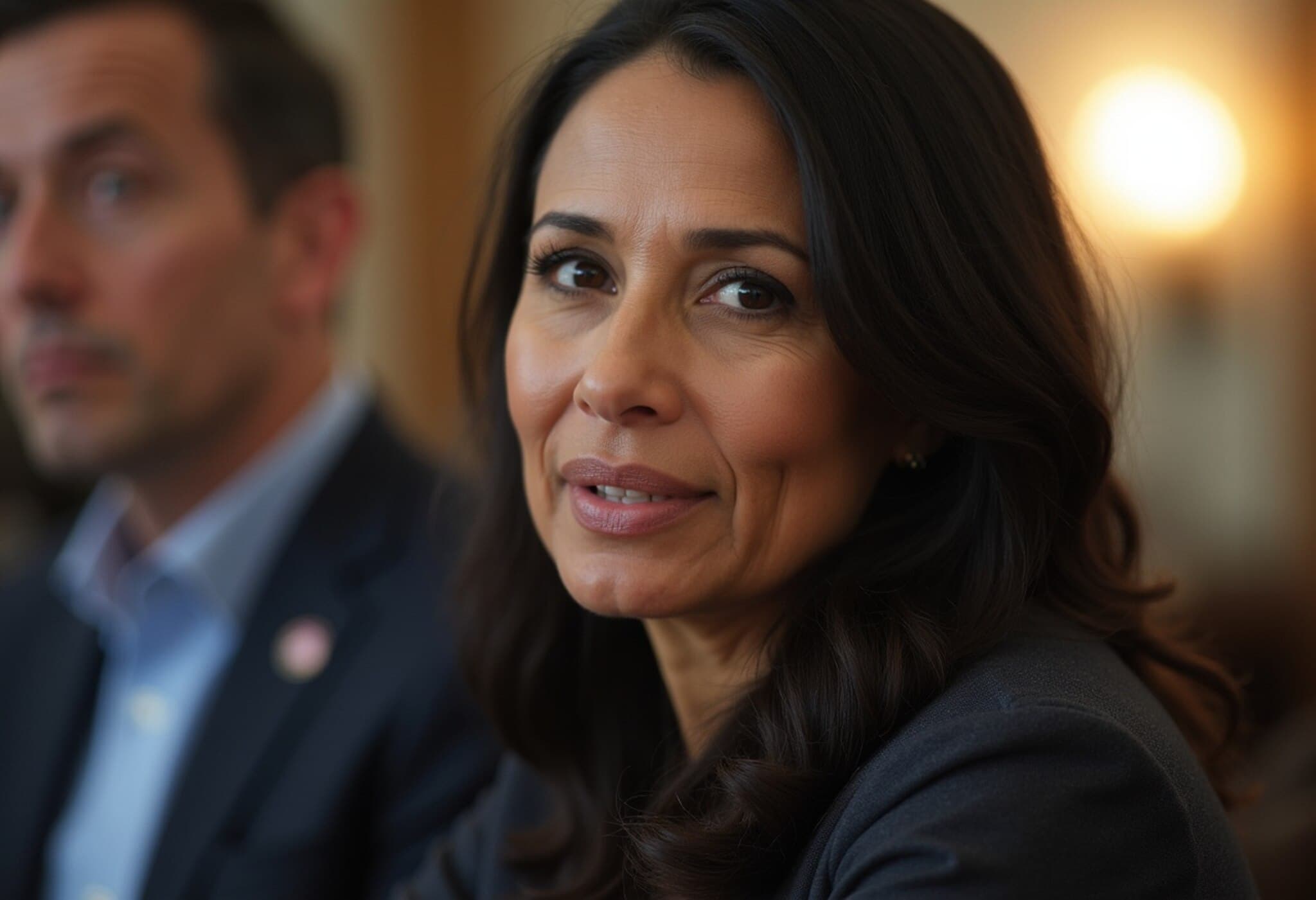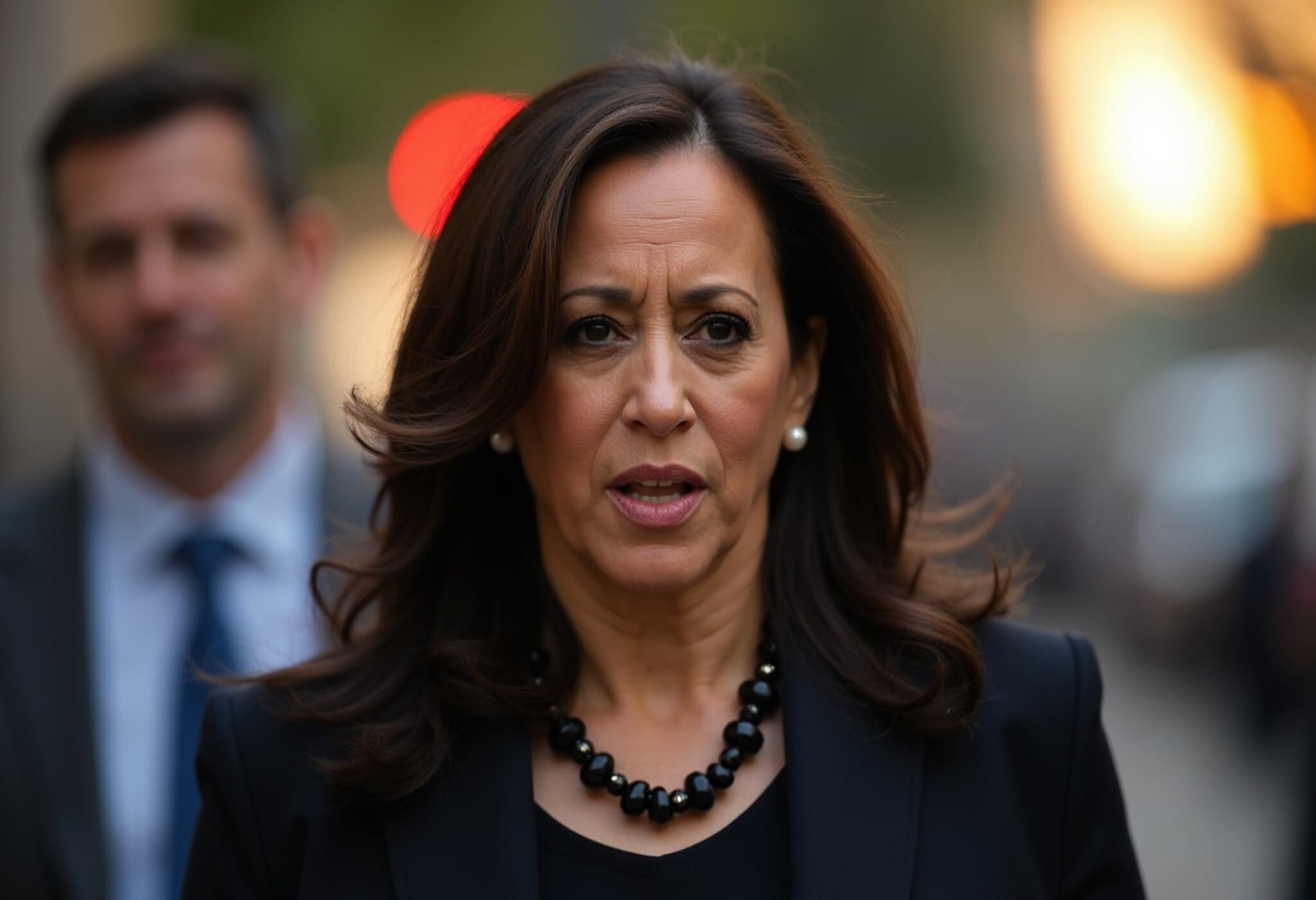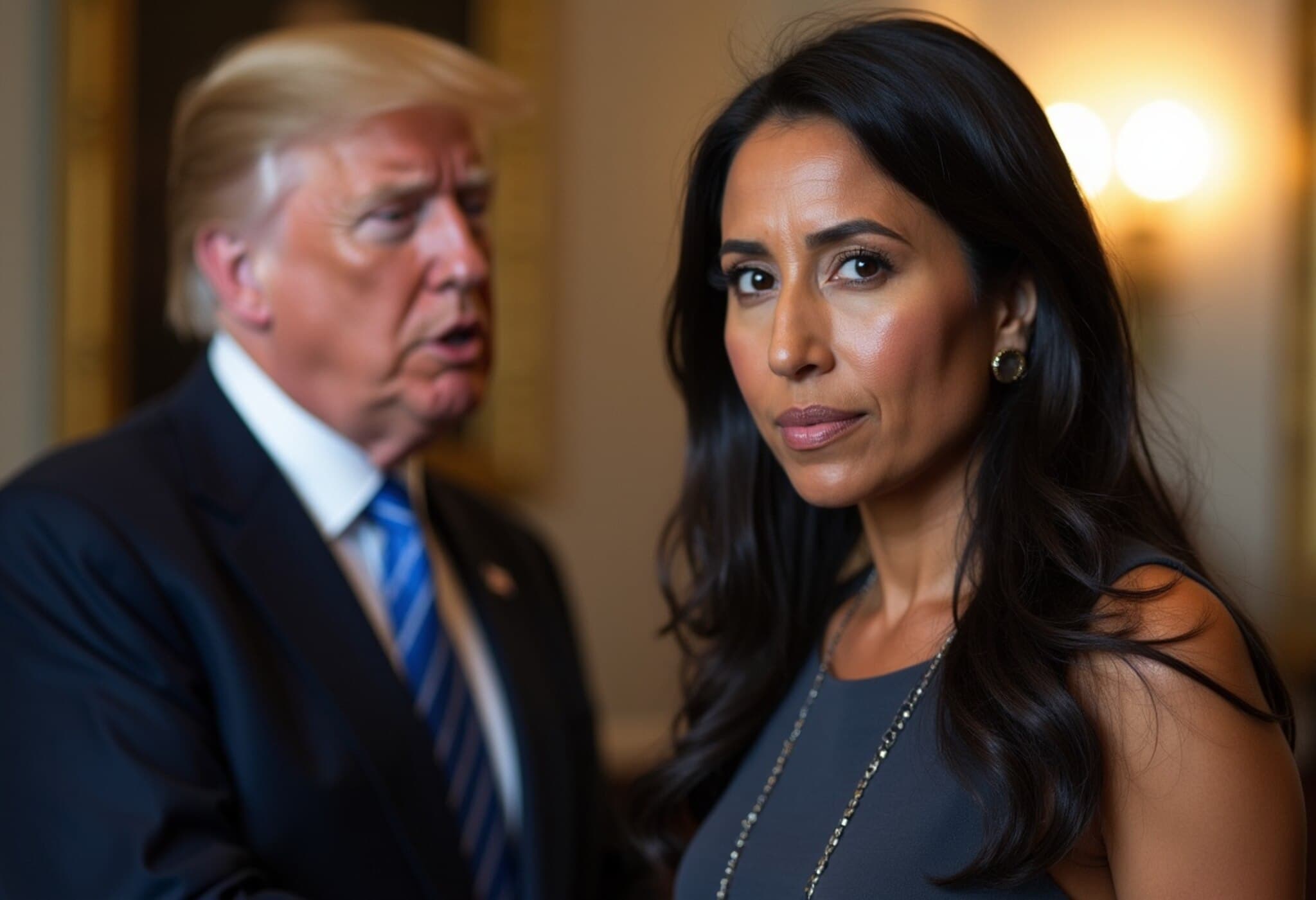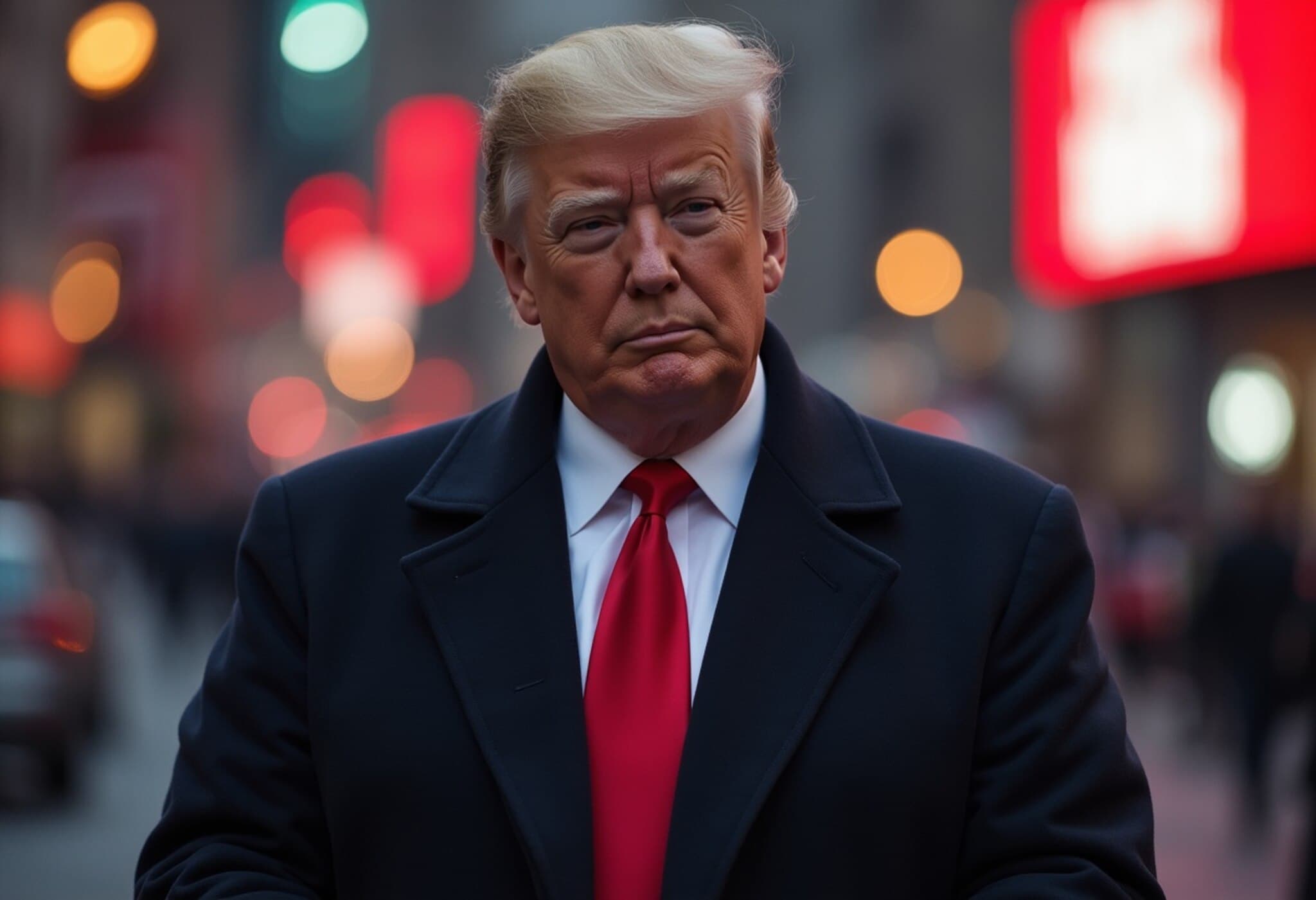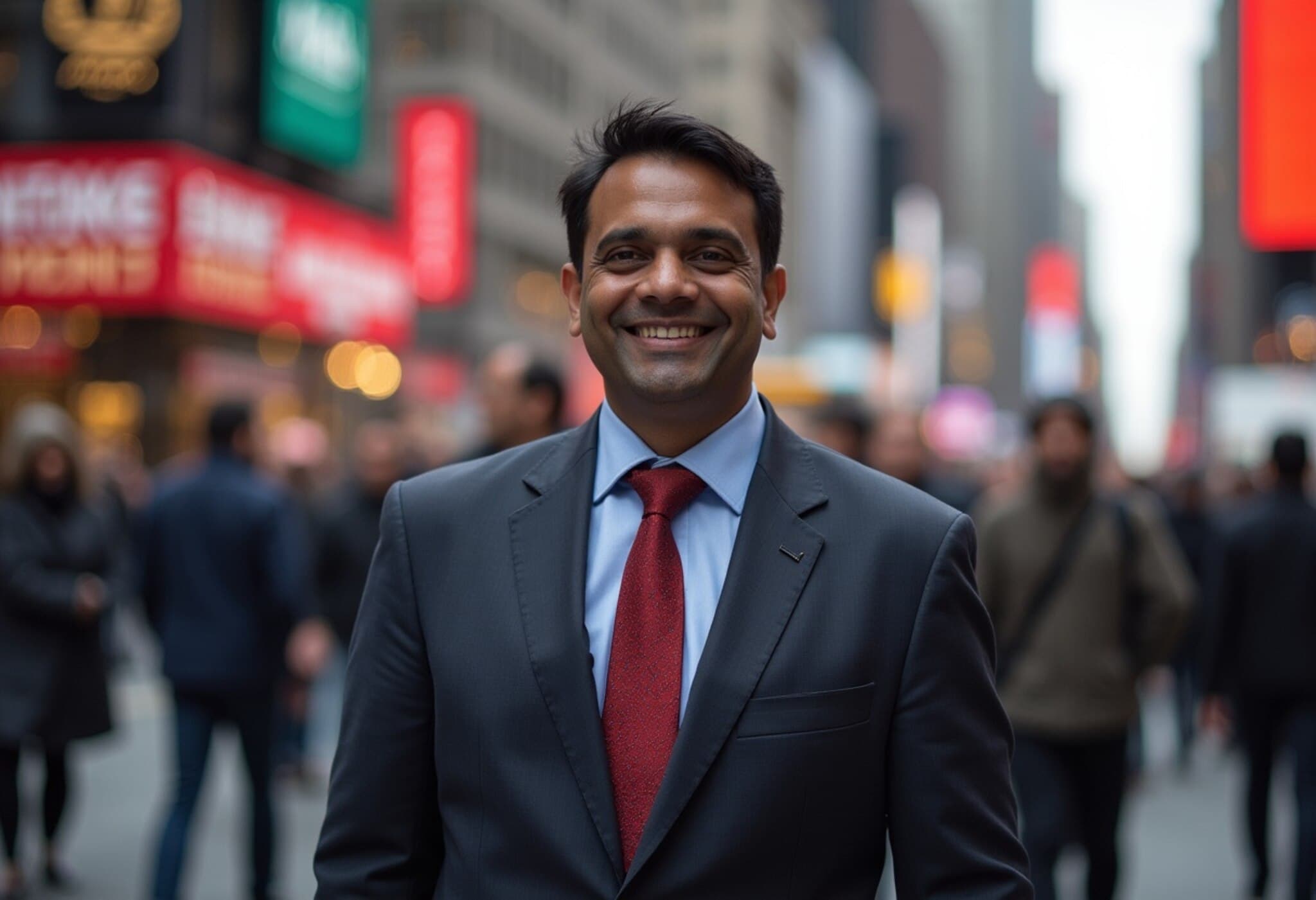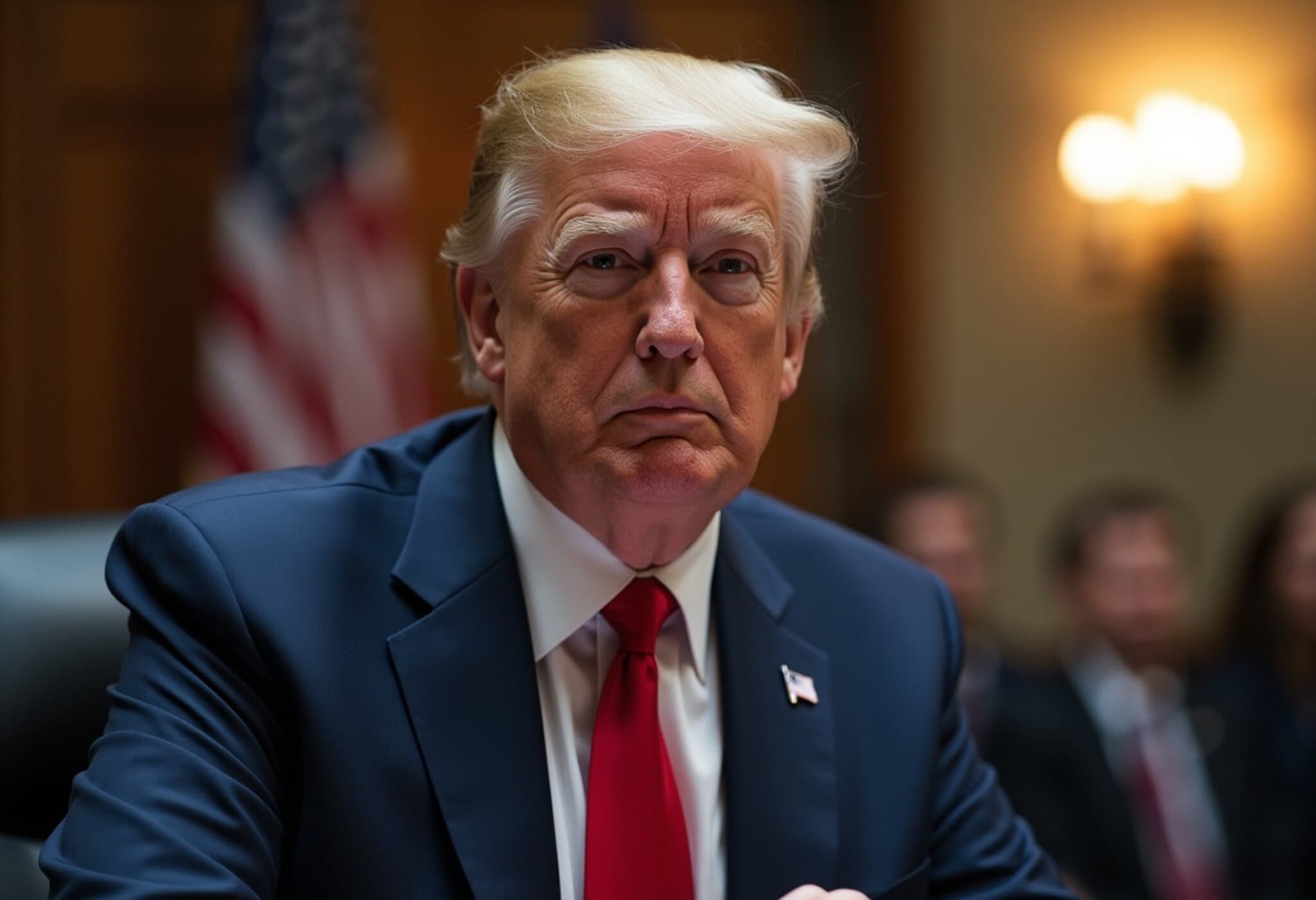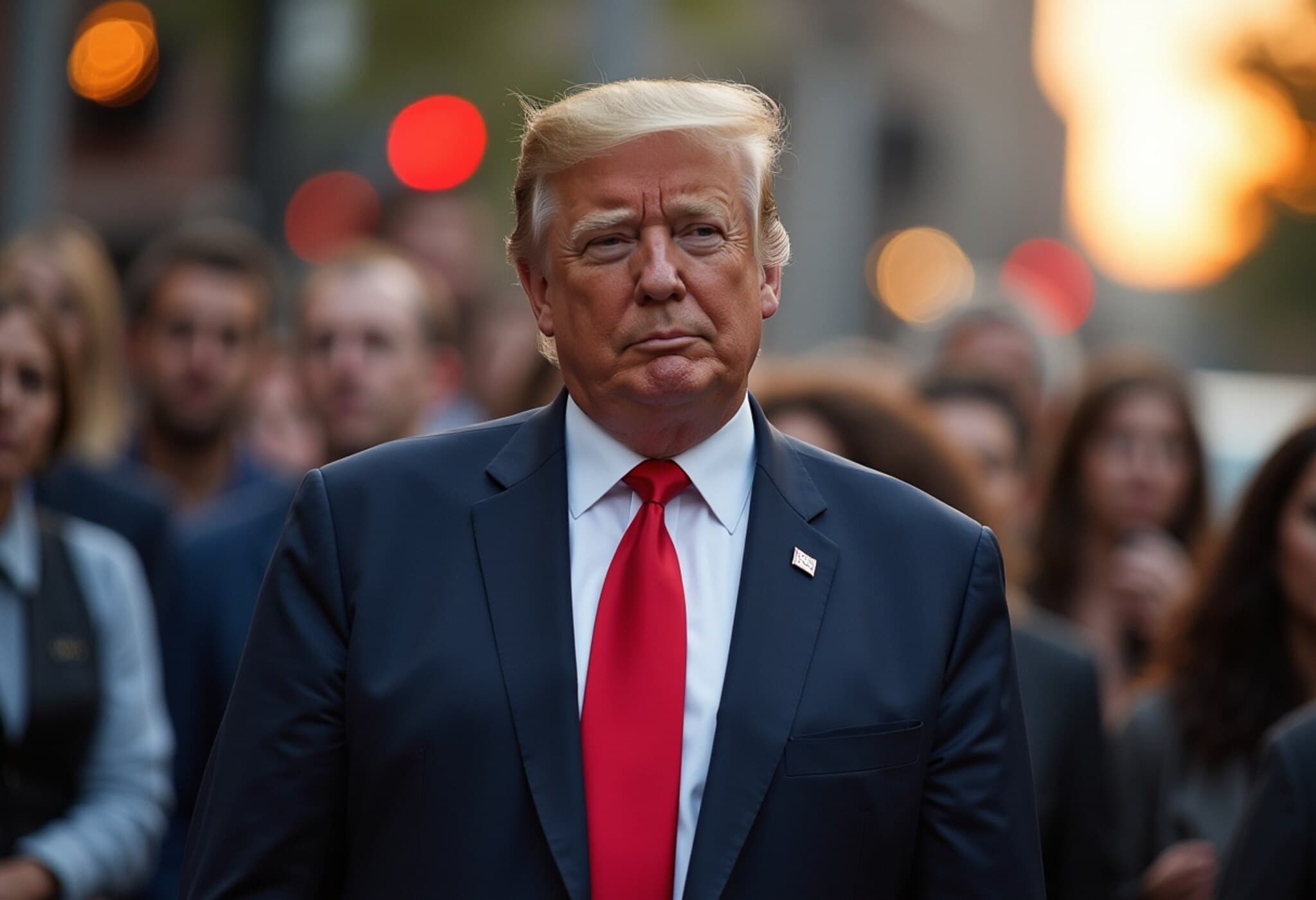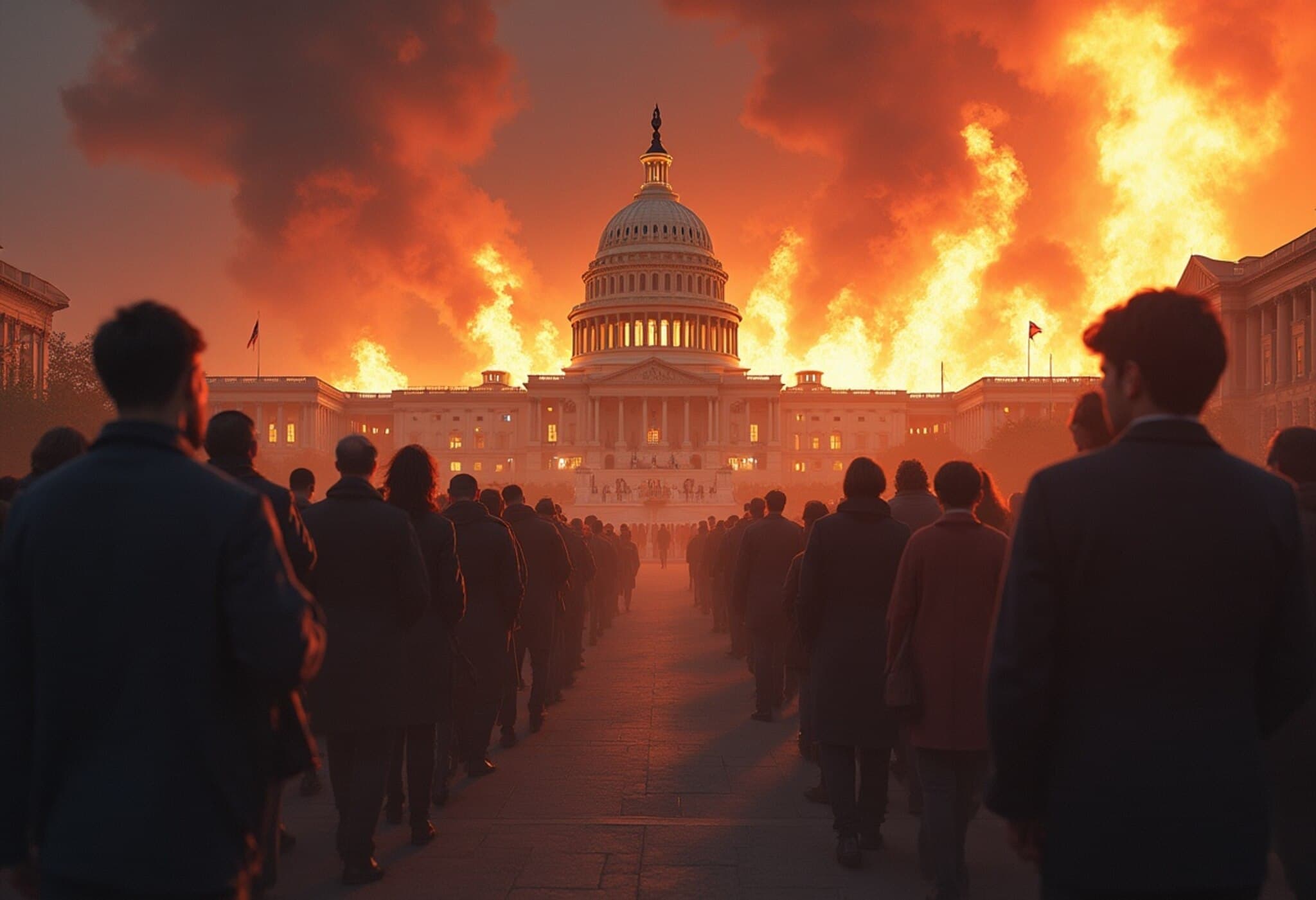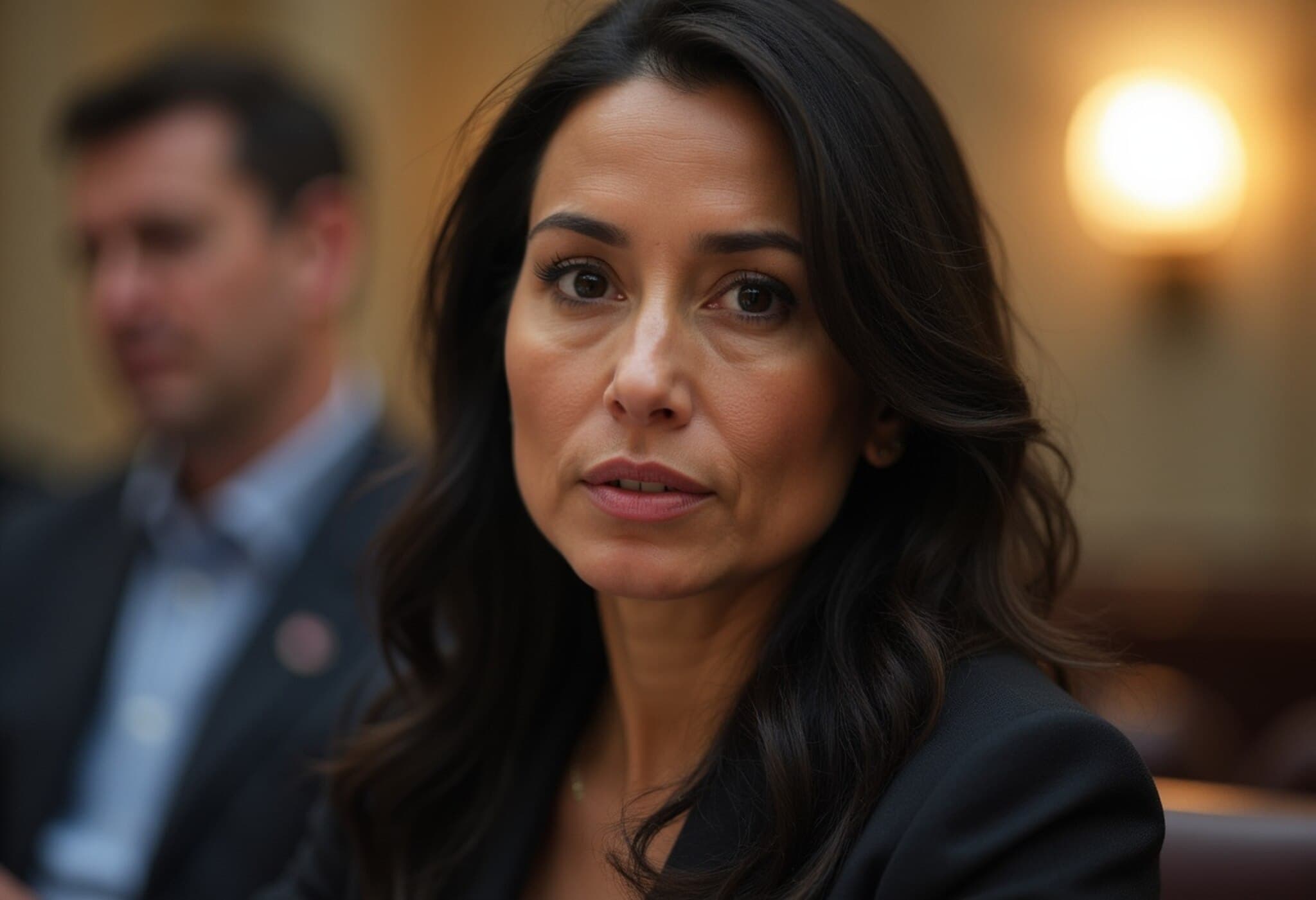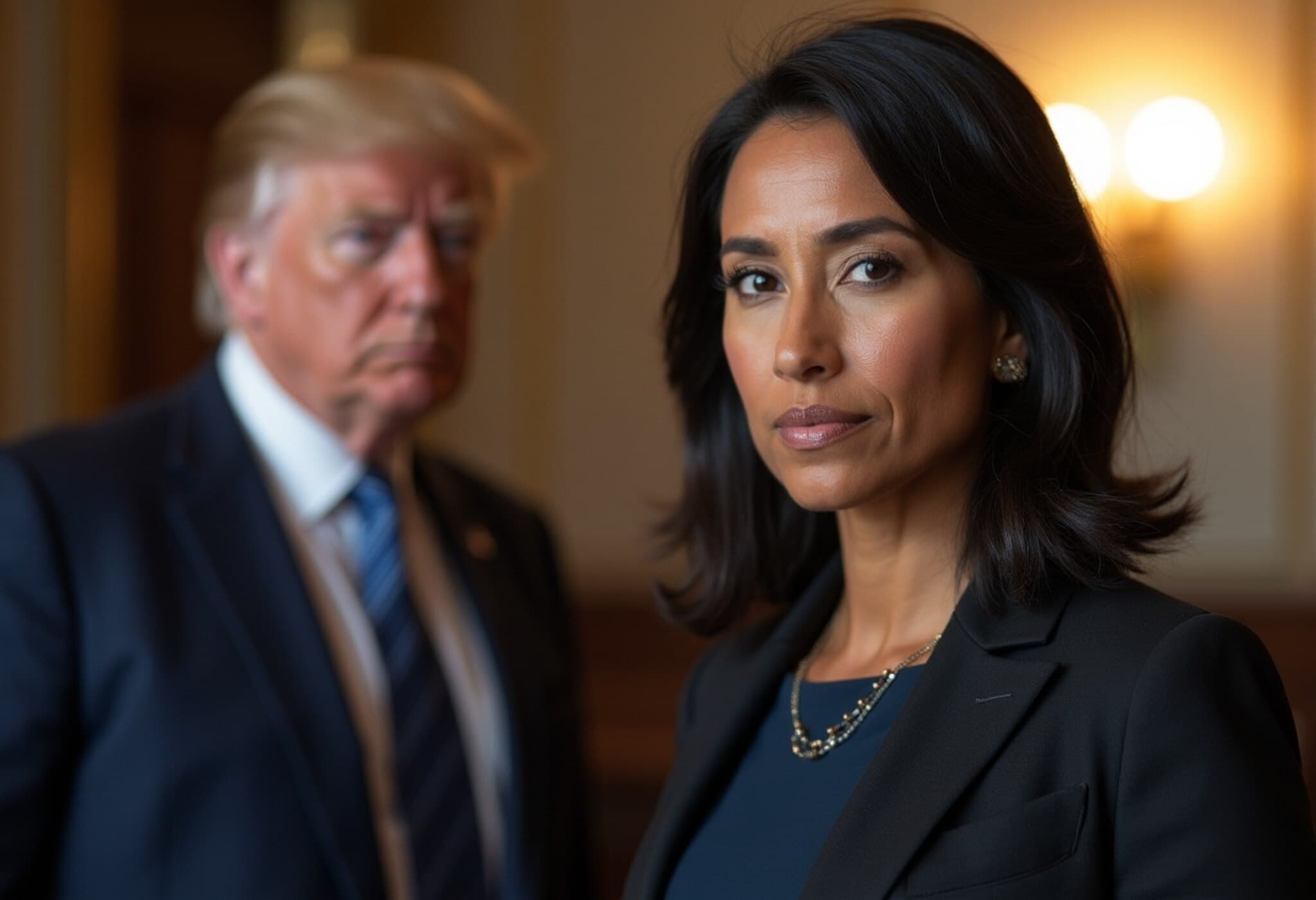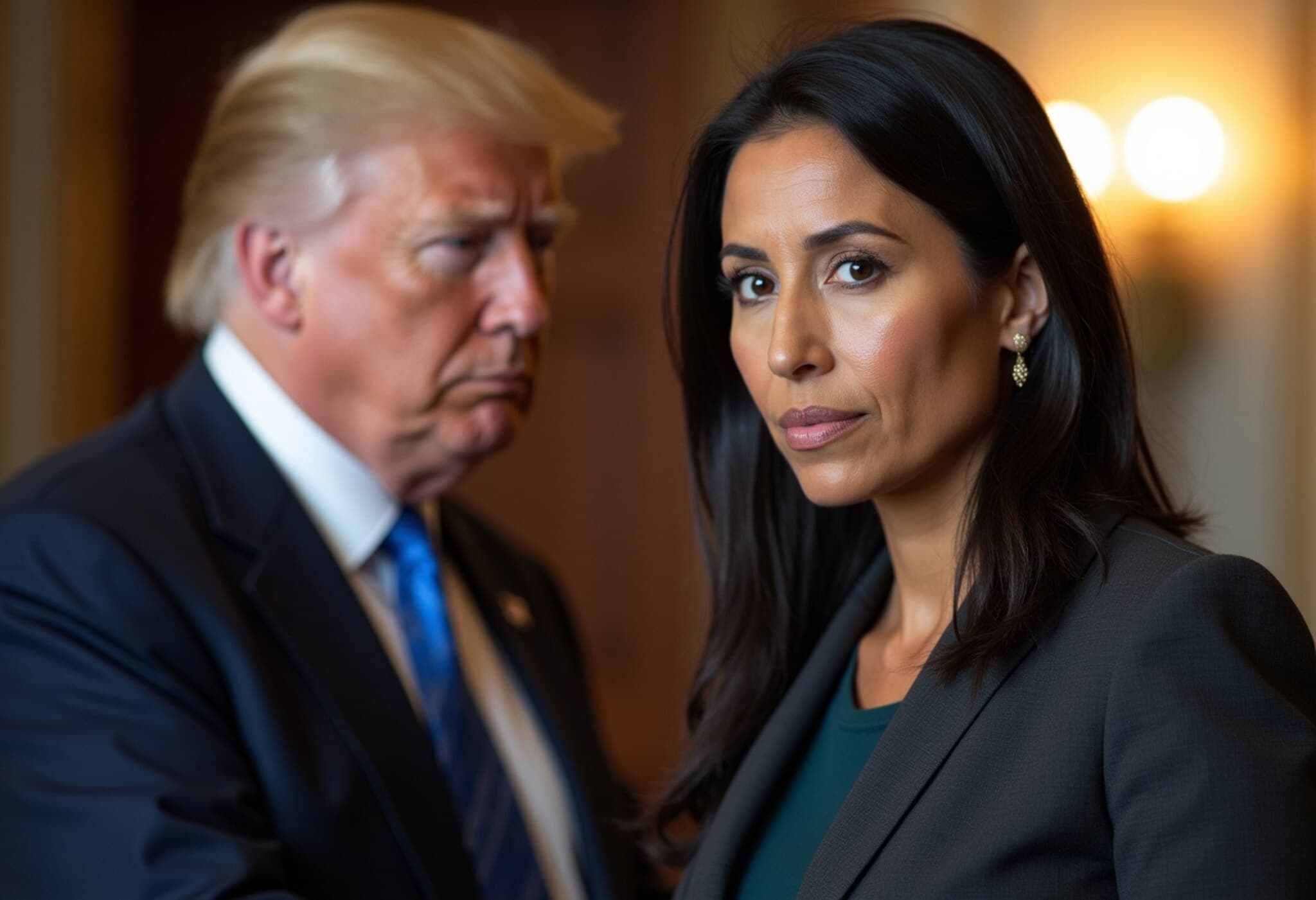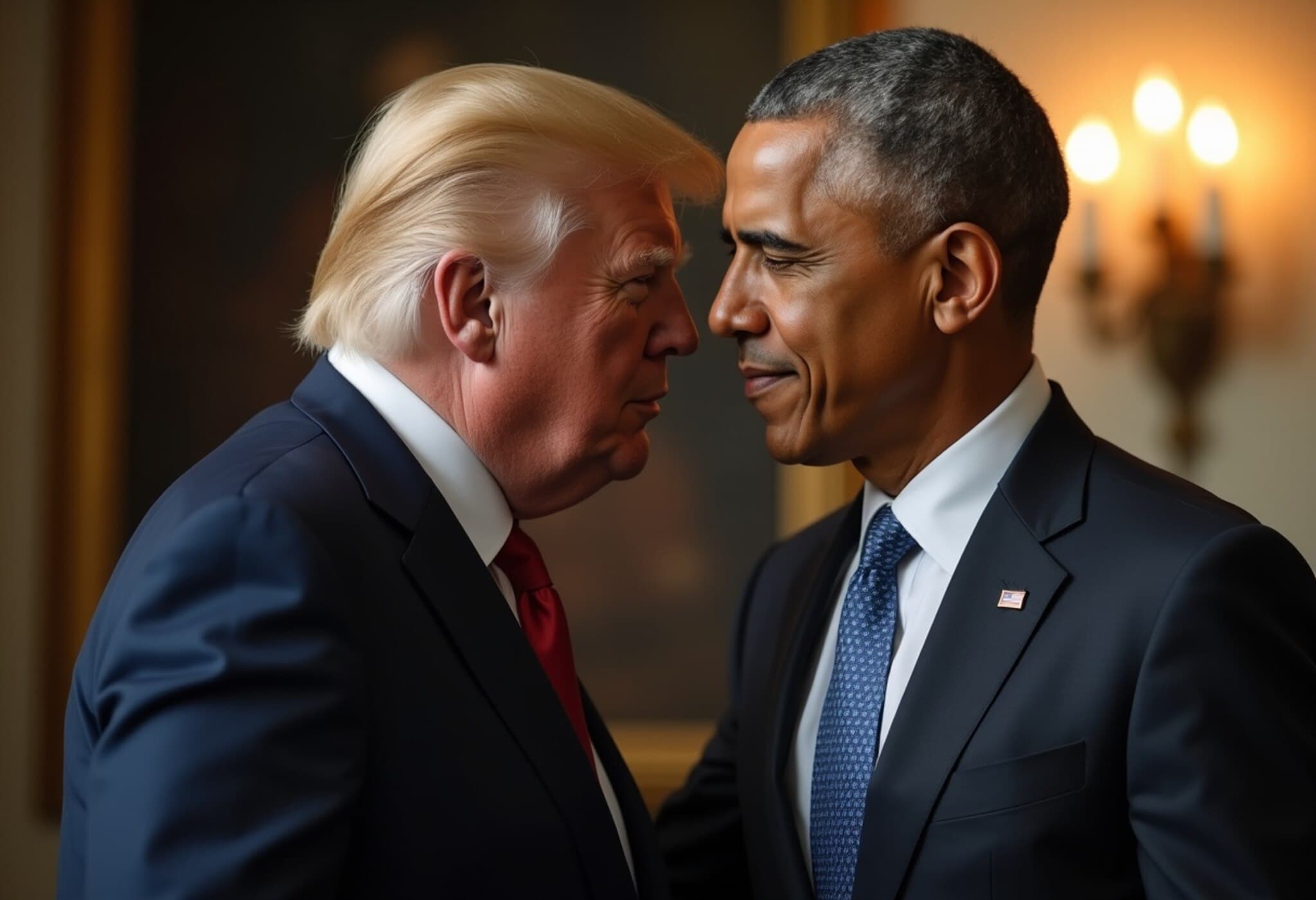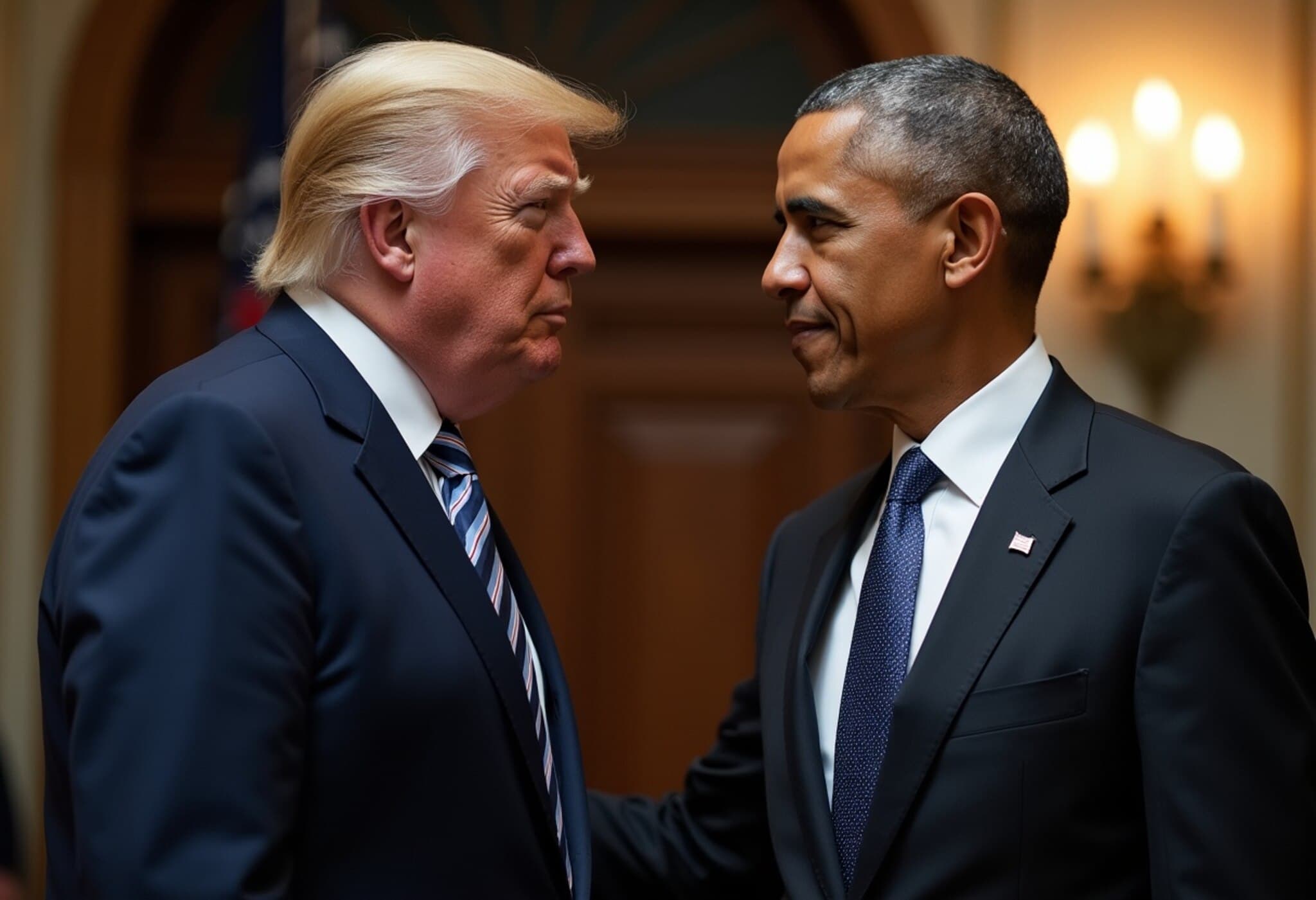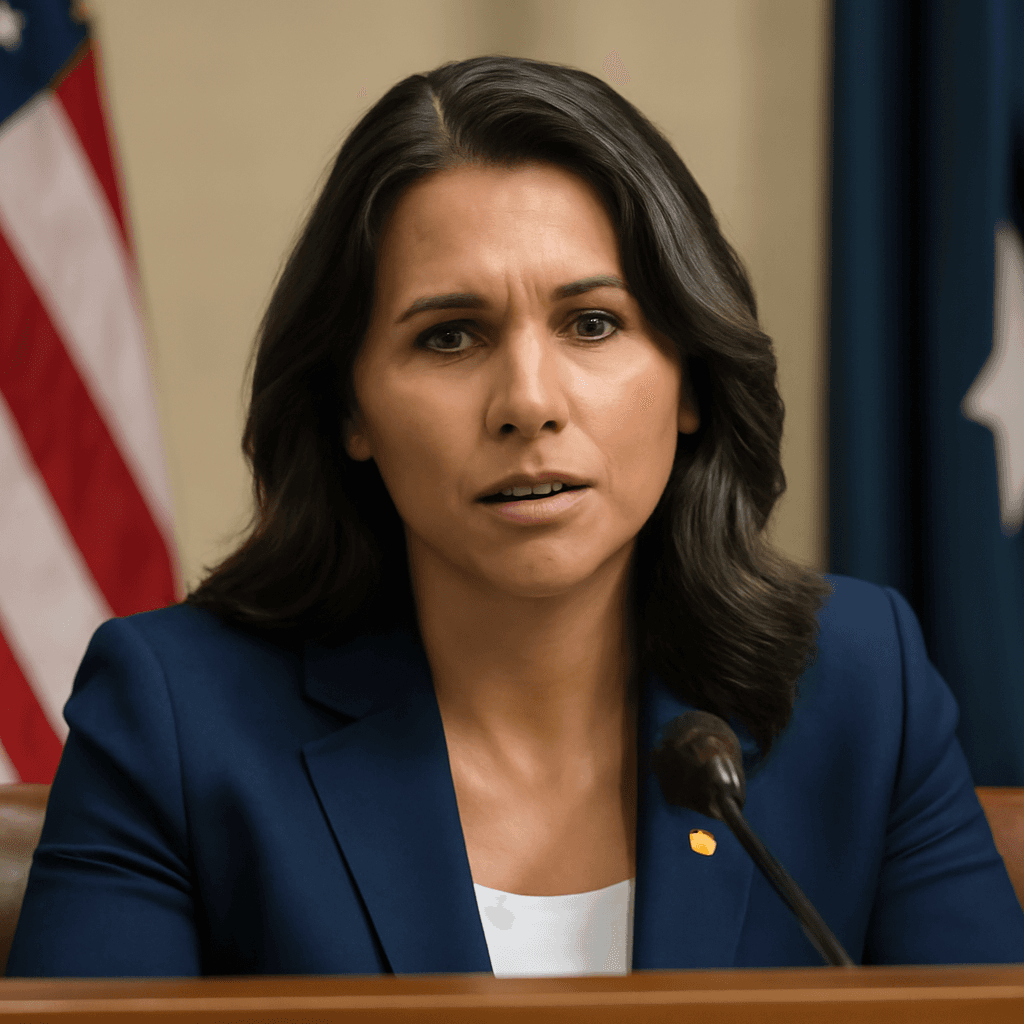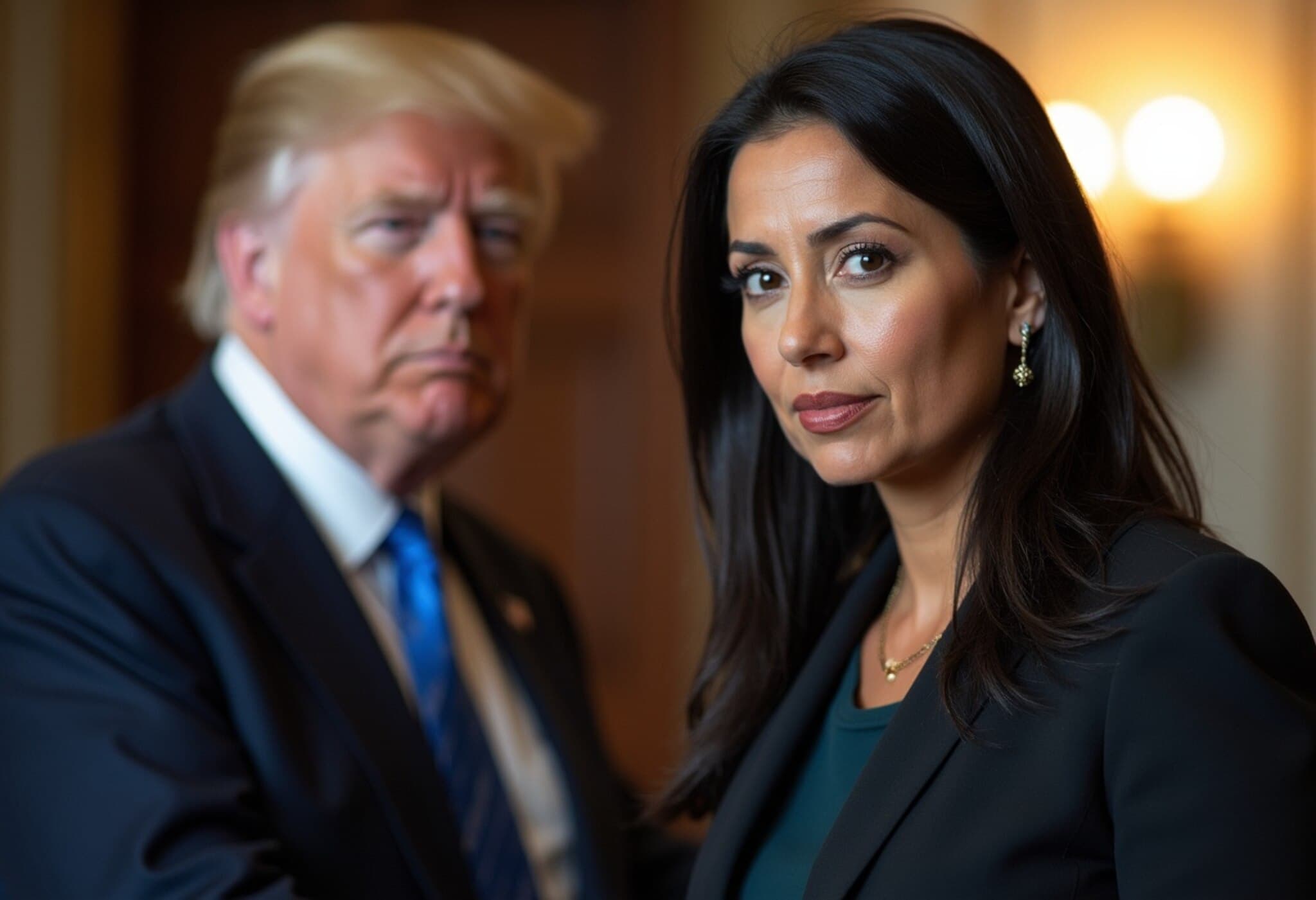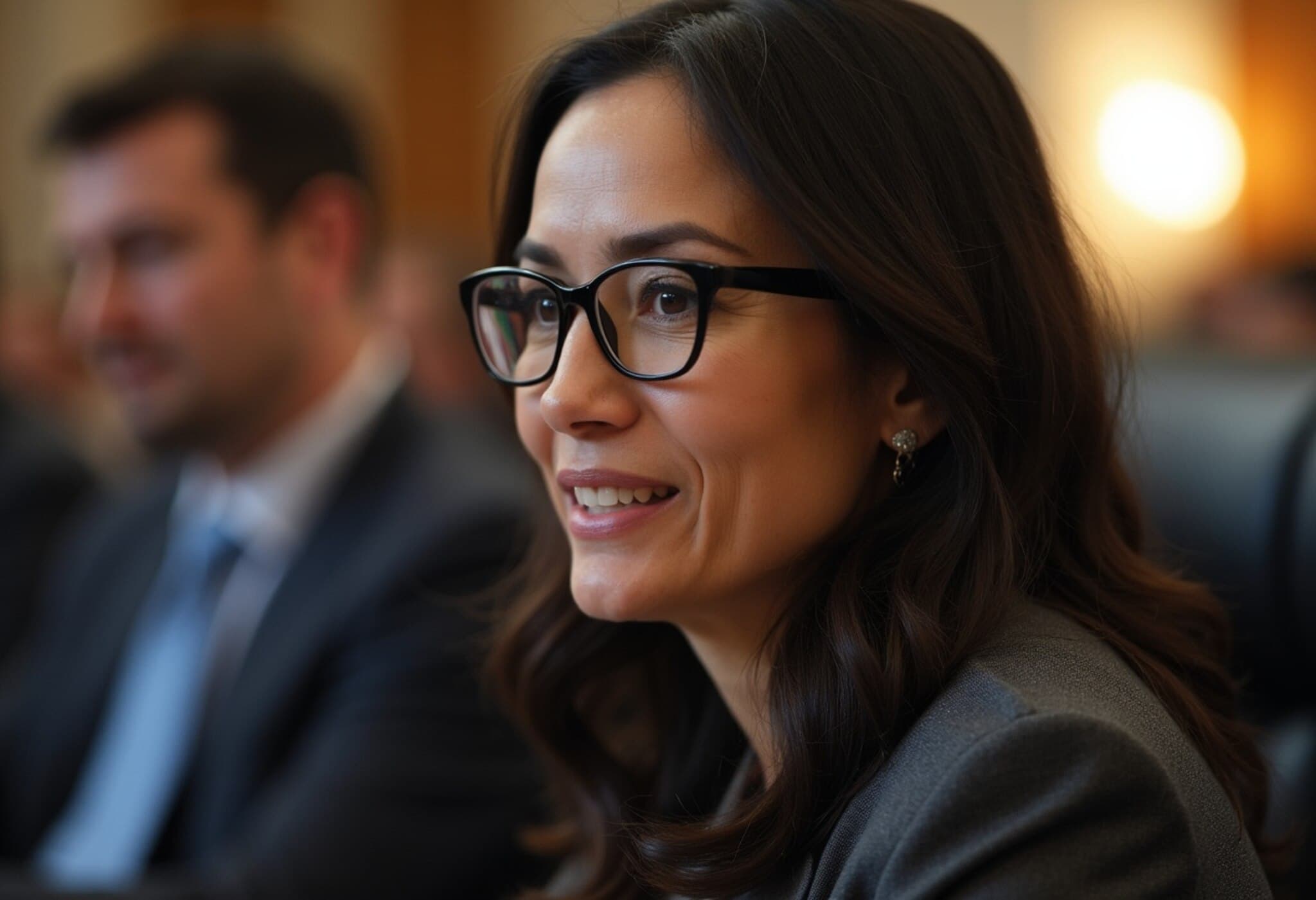Trump Lauds Tulsi Gabbard Amid Renewed 2016 Election Allegations
In a recent White House event that captured widespread attention, former President Donald Trump publicly praised Tulsi Gabbard, calling her "the hottest one in the room," and credited her with uncovering what he describes as incontrovertible evidence that former President Barack Obama orchestrated a scheme to rig the 2016 election. Gabbard's report, which revisits the controversial Russia election interference probe, challenges key narratives and reignites a politically charged debate over one of the most scrutinized events in recent American history.
Tulsi Gabbard’s Report: What Did It Reveal?
Gabbard, serving as Director of National Intelligence, released a detailed report questioning aspects of the Russia investigation. Highlighting Obama-era communications, the document emphasizes that no evidence of direct vote tampering was found – a point that has been acknowledged before but is framed in the report as undermining the broader accepted conclusion of Russian interference in the 2016 election. This nuance is crucial because while Russian interference is widely documented, vote manipulation is a more narrowly defined and debated aspect.
During the event, Trump enthusiastically noted, "She has all the documents. She found out that Barack Hussein Obama led a group of people and they cheated in the elections." He went further, insisting, "They cheated without question. It’s not even a quote." Gabbard reportedly told Trump, "You've seen nothing yet," signaling potential further revelations.
The Political and Legal Context
- Past Investigations: The Russia probe, led by Special Counsel Robert Mueller and a 2017 intelligence community assessment, concluded there was Russian interference aimed at influencing the election but did not find a criminal conspiracy involving Trump’s campaign.
- Trump’s Renewed Allegations: Trump’s statements revive accusations against prominent figures like Obama, Hillary Clinton, former FBI Director James Comey, and former DNI James Clapper, dubbing Obama the "ringleader" of an attempted political "coup." None of these individuals have faced charges related to these claims.
- Reactions: Obama’s team responded swiftly with a rare, pointed rebuttal, dismissing the allegations as "bizarre" and a "weak attempt at distraction," signaling the high stakes of sustaining credibility in political discourse.
Deeper Implications and Timing
The timing of this report’s release is noteworthy. It coincides with renewed public and media scrutiny around the Jeffrey Epstein case, another contentious topic linked tangentially to some figures in Trump’s orbit. Trump, characterizing inquiries around Epstein as "witch hunts," finds himself at the intersection of calls for transparency from his own political base.
This resurgence of claims also reflects a broader trend where Trump allies seek to dismantle or call into question investigations that have long shaped the political landscape. Whether this strategy will withstand legal and factual scrutiny remains under debate, but it undeniably fuels intensifying partisan divides.
Expert Perspective: What This Means for American Politics
Experts note that while re-examining past investigations can be important for justice and transparency, it is equally essential to ground these efforts in verified facts to preserve institutional trust. The use of emotionally charged language and politically loaded accusations risks deepening mistrust among citizens at a time when national unity is crucial.
From a legal vantage point, absent new credible evidence, attempts to re-litigate settled matters could overwhelm judicial resources and distract from more pressing governance issues, such as election security reforms aimed at preventing any future foreign interference or domestic manipulation.
Editor’s Note
This unfolding chapter highlights the complexities in interpreting and politicizing intelligence and investigative findings — especially those intertwined with America’s most turbulent recent political moments. As narratives evolve, readers should critically evaluate claims, look for corroborated evidence, and be mindful of how political rhetoric shapes public perception. The question remains: will these renewed allegations foster transparency or deepen divisions in an already polarized political climate?

